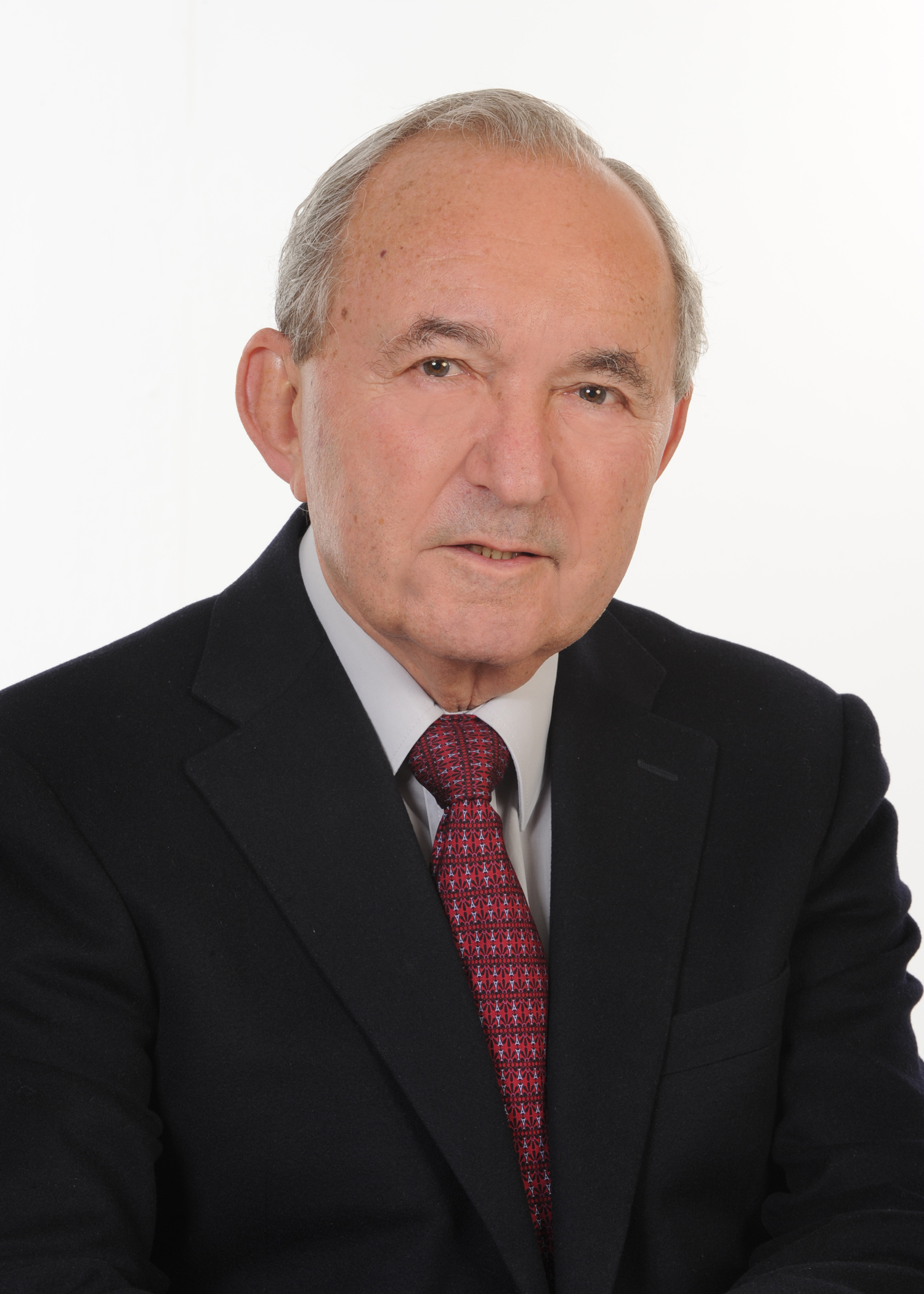Serge Brammertz was the Chief Prosecutor of the ICTY from 2008 until its closure at the end of 2017. He was appointed by the United Nations Security Council to serve as Prosecutor of the IRMCT in 2016. His third term began in 2020.
He will be remembered as the Chief Prosecutor who succeeded in arresting two of the most wanted fugitives from the conflicts in the region: Radovan Karadžić and Ratko Mladić.
"The Srebrenica genocide was one of the darkest moments in recent history. Another genocide in the heart of Europe, just two generations after the Holocaust. The world saw senior leaders use propaganda to ignite ethnic hatred, and to dehumanize their neighbors. Men at the apex of power used that power to terrorize and destroy, simply because the victims were Muslims. We know the result."
"To build the future, we must speak out with one voice when it is denied. Schoolbooks in Bosnia and elsewhere in the region don’t tell the truth of the genocide. Political leaders—particularly in Republika Srpska and Serbia—continue to deny the genocide. The more extreme call it a hoax or myth, while those trying to maintain some semblance of sophistication debate legal concepts like pseudo-scholars. This must be stopped. For too long the international community has hoped that this problem will simply go away. It will not. By continuing to tolerate genocide denial, in any form, we are failing the victims of Srebrenica again, like we did twenty-five years ago. All of us should enforce a zero-tolerance policy when it comes to genocide denial, just as we do with racism and other forms of discrimination."
"Ultimately, the key will be education. What has been established in the courtroom must be taught in the classroom."
After the final judgment in the case against former Serbian security officials Jovica Stanisic and Franko Simatovic before the International Residual Mechanism for Criminal Tribunals (IRMCT), Chief prosecutor Serge Brammertz said that the most significant part of the judgment is that it established that the wartime ‘joint criminal enterprise’, in which Serbian officials were involved, covered large parts of Bosnia and Herzegovina and Croatia.
“This demonstrates that it was not a civil war but an international conflict in which the political leadership of neighbouring countries played a significant role,” Brammertz said.
Read InterviewSources
- Hafizović-Hadžimešić, A. (2021). On the Side of Humanity [Na strani čovječnosti]. Sarajevo: Udruženje Pokret majki enklava Srebrenica i Žepa.
- Islamic Informative Newspaper "Preporod"






